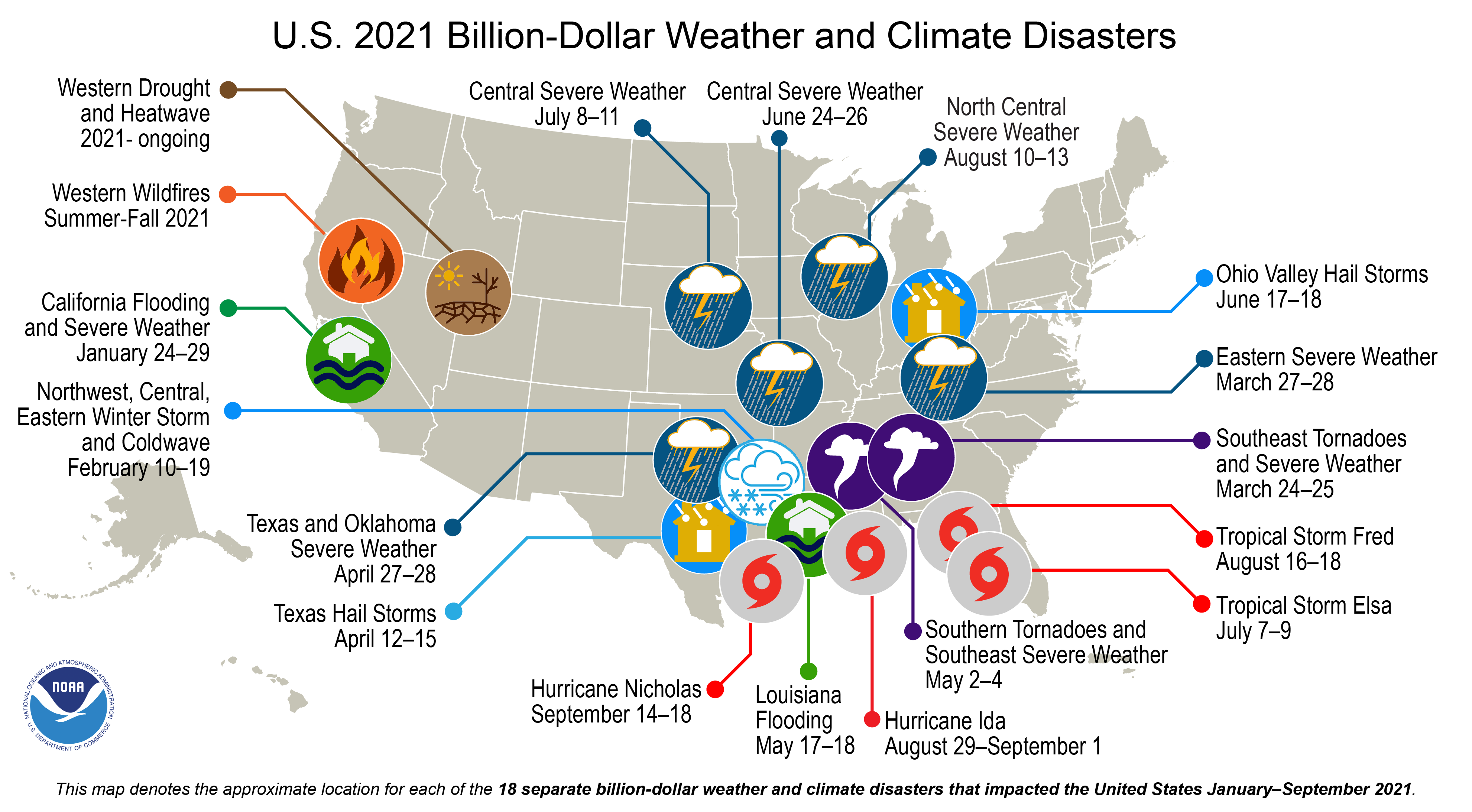Federal Climate Policy
The Inflation Reduction Act and California Offshore Wind
There May Be Workarounds for Delays in Offshore Wind Created by IRA Section 50265
Various measures in the Inflation Reduction Act (IRA), signed into law on August 16, 2022, create new momentum for offshore wind in California. However, as with all things in life, it’s never that simple. In this case, the IRA ties offshore wind (OSW) leases to offshore oil and gas auctions and prevents OSW leases from …
Continue reading “The Inflation Reduction Act and California Offshore Wind”
CONTINUE READINGA Three-Prong Attack on Carbon Emissions
A trio of new laws will power the energy transition.
Passage of IRA was clearly a big deal, with nearly $380 billion devoted to climate and other environmental issues. But IRA is only one of the three big climate bills passed in the ten months. The three represent a concerted effort to accelerate the energy transition. The earliest was the Infrastructure Act last November. In …
Continue reading “A Three-Prong Attack on Carbon Emissions”
CONTINUE READINGIRA’s Impact
The new law is a Big Deal. Or more precisely, a REALLY Big Deal.
IRA, the Inflation Reduction Act, is clearly the biggest climate legislation ever passed in the United States. The law will provide $379 billion in subsidies to clean energy in the form of direct payments and tax credits. Subsidies aren’t the ideal way to cut emissions, because it’s impossible to target them to the precise behavioral …
Continue reading “IRA’s Impact”
CONTINUE READINGA Great Day for Climate Policy
A short video explainer of why passage of the IRA bill is such a big deal.
We all have something to celebrate with the House passage of the IRA on Friday. Getting it passed required some difficult compromises, but the bill represents a major step forward. Because of the Mar-a-Lago search, it hasn’t gotten nearly as much attention as it deserves. If you don’t have time for a lot of details, …
Continue reading “A Great Day for Climate Policy”
CONTINUE READINGThe Inflation Reduction Act and the Sequencing of Climate Policy
Why subsidies for clean energy generally are preconditions for other climate policies
The Inflation Reduction Act would be, if enacted, the biggest piece of climate legislation that the U.S. Congress has ever passed. As such, it’s gotten a fair amount of coverage attempting to put it into context for the broader scope of climate policy in the U.S. and globally – in particular, this article in Slate …
Continue reading “The Inflation Reduction Act and the Sequencing of Climate Policy”
CONTINUE READINGWhy We Can’t Wait
In climate policy, delay is deadly.
There are a lot of complaints about the very real flaws in the Inflation Reduction Act, tied with arguments that we should wait until we can do something better. In climate policy, however, waiting is dangerous. We’ve already delayed far too long. Further delay means having to cut emission much more rapidly to make up …
Continue reading “Why We Can’t Wait”
CONTINUE READINGThe Major Money Doctrine
Senate passes biggest climate legislation ever.
In June, the Supreme Court trimmed EPA’s power to regulate greenhouse gases. The Court used the “Major Question Doctrine,” which says that issues of “vast political and economic significance” must be decided by Congress. Senate Democrats gave their response on Sunday: the Major Money Doctrine. They passed the Inflation Reduction Act (IRA), which provides over …
Continue reading “The Major Money Doctrine “
CONTINUE READINGTwo and a half cheers for the IRA
Climate legislation sets the stage not just for decarbonization now, but greater policy success later on
The announcement of the legislative deal (the Inflation Reduction Act of 2022) between Senator Joe Manchin (D-WV) and the Democratic Senate leadership was a bid deal in climate policy. The legislation relies on the reconciliation process, allowing it to pass with a simple 50 votes (plus Vice President Harris’ tie-breaker vote). The legislation provides for …
Continue reading “Two and a half cheers for the IRA”
CONTINUE READINGThe climate bill and oil and gas leasing
Provision in big climate bill that mandates oil and gas leasing on federal lands has limited reach
The big news in climate policy this past week was Senator Joe Manchin (D-WV) signing off on a deal with the Democratic Senate Majority leader, Chuck Schumer, to spend hundreds of billions of dollars on climate investments – the bill is catchily called the Inflation Reduction Act of 2022. I’ll take a look at the …
Continue reading “The climate bill and oil and gas leasing”
CONTINUE READINGClimate Adaptation Moves Toward Center Stage
There’s an increasing bipartisan move to fund climate resilience.
The big news today is the deal with Manchin to provide billions of dollars of funding for clean energy. Manchin’s vote will be needed because no Republican Senator will vote for the bill. In contrast, funding for climate resilience has drawing power even for Republicans. It seems to be true that, in Bob Dylan’s words …
Continue reading “Climate Adaptation Moves Toward Center Stage”
CONTINUE READING






